Supporting GAAP compliance requires upgrading to your accounting operations. While you can spend a significant amount of time and resources becoming and remaining GAAP compliant, the following items are the most important:
• Revenue recognition: This is especially important if you have a subscription service or a combination of hardware and software.
• Expense matching: This often involves matching the expense to the revenue it generated (e.g., cost of goods sold and commissions).
• Capitalization and depreciation schedules: This involves tracking each asset, its purchase price and its depreciation, as well as a justification for the depreciation and useful life (normally written in a memo). For software capitalization, you need to have a clear justification for everything capitalized along with the backup data since it will be audited.
• Equity capitalization table management: This ensures you have a clean record of who owns how many shares of the company, including all securities that can turn into equity (e.g., options, convertible debt, warrants, SAFE notes).
As you grow in size, you will need to deploy fintech to manage these processes automatically. For instance, a robust general ledger should have your revenue recognition rules (including the revenue waterfall schedules) automatically programmed. Manual processes will make audits longer and more work intensive, impeding your data analysis.



